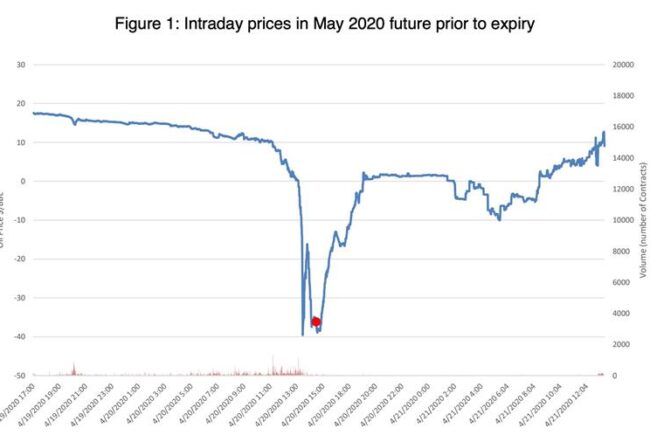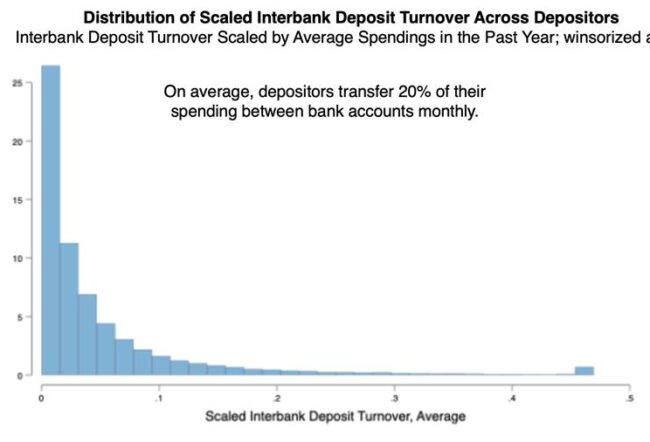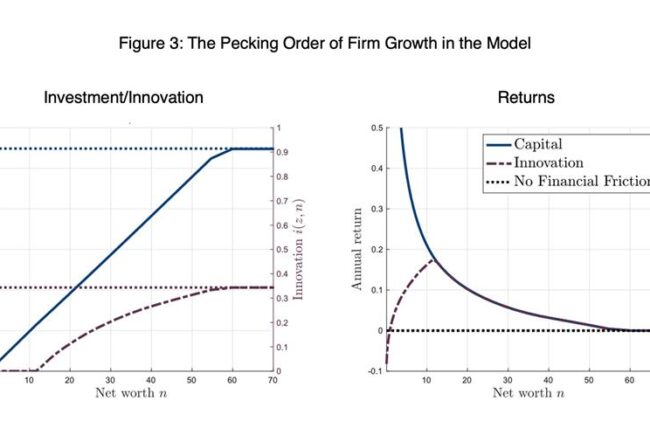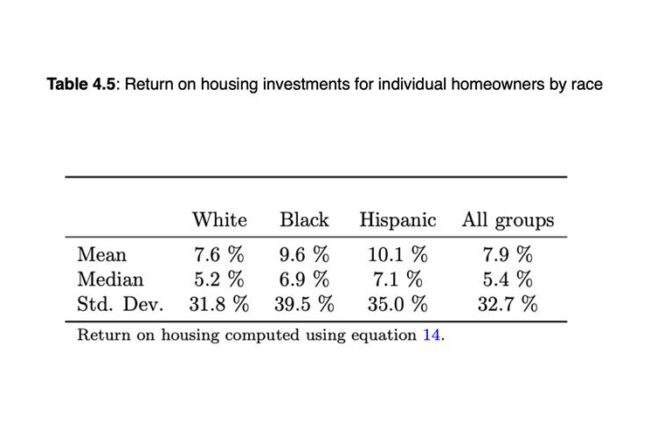Newsletter Archive
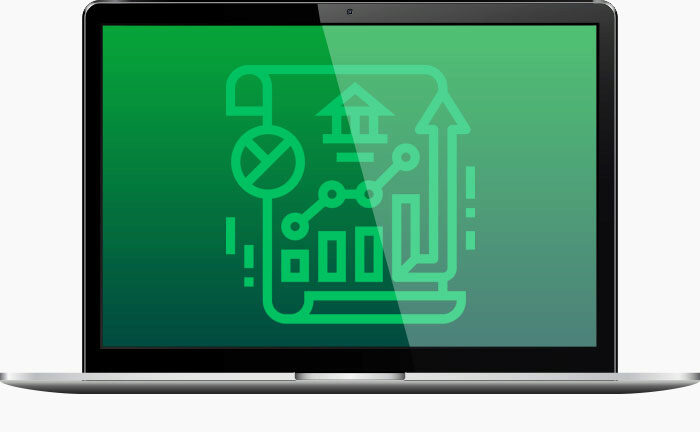
The Rodney White Center’s newsletter, A Bite of Finance is now incorporated into the Frontier of Finance. View past issues of A Bite of Finance on this page.
FEBRUARY ISSUE
2024
THE RODNEY WHITE CENTER FOR FINANCIAL RESEARCH
A Bite Of Finance: The Latest From Wharton
FEATURE
Deriving Expressions for the No-arbitrage Price of Perpetual Contracts
Perpetual Futures Pricing
Damien Ackerer, École Polytechnique Fédérale de Lausanne
Julien Hugonnier, École Polytechnique Fédérale de Lausanne
Urban Jermann, The Wharton School
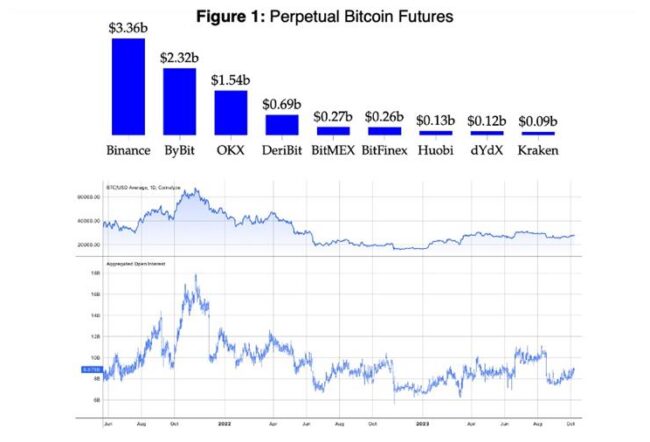
ARTICLE
What Happens when the Benchmark Price for Crude Oil Falls Below Zero?
When Benchmarks Fail: The Causes and Consequences of Negative Oil Prices
Erik Gilje, The Wharton School
Robert C. Ready, University of Oregon
Nikolai L. Roussanov, The Wharton School
Jérôme Taillard, Babson College
ARTICLE
Challenging the Traditional View of Depositor Sleepiness
The Making of an Alert Depositor: How Payment and Interest Drive Deposit Dynamics
Xu Lu, University of Washington
Yang Song, University of Washington
Yao Zeng, The Wharton School
ARTICLE
The Role of Financial Frictions in Determining the Allocation of Investment and Innovation
Capital, Ideas, and the Costs of Financial Frictions
Pablo Ottonello, University of Maryland and the National Bureau of Economic Research
Thomas Winberry, The Wharton School and the National Bureau of Economic Research
ARTICLE
Assessing Racial Disparities in the Return on Homeownership
Racial Differences in the Total Rate of Return on Owner-Occupied Housing
Rebecca Diamond, Stanford Graduate School of Business and
the National Bureau of Economic Research
Will Diamond, The Wharton School
Recent Past Issues
DECEMBER 2023
In this issue: dollar asset holding and hedging around the world; the effect of monetary policy on mortgage rates; corporate responses to stock price fragility; mental accounting and total consumption expenditure; and the connection between consumer surveillance and financial fraud.
SEPTEMBER 2023
In this issue: FinTechs and the collateral channel; market collusion from AI trading; the role of investor expertise in green energy development; optimal capital regulation modeling; and the skewness of firm growth during recessions.
JULY 2023
In this issue: looking at how much ESG investing there really is, post-COVID stimulus measures, exploring the “factor zoo” and the robustness of stock return anomalies, trade credits, and how interest rates react to financial instability.
MAY 2023
In this issue: preventing bank failures, mortgage lock-in, the feedback loop between financial distress and competition, stablecoin runs, and the benefits of bank diversification.
MARCH 2023
In this issue: the sources of extreme wealth, 170 years of economic sentiment, the effects of the minimum wage on low-income workers, the advantages of trading with expert dealers, and asset concentration in OTC markets.
JANUARY 2023
In this issue: racial bias in bankruptcies, imperfect competition in the repo market, behavioral biases in the housing market, optimal strategies for crypto issuers, and the value of undiversified shareholder engagement.
NOVEMBER 2022
In this issue: How does democracy impact the stock market? Do growth stocks really have higher growth? How does under-diversification affect the economy? Who owns government debt? How passive are passive ETF
SEPTEMBER 2022
In this issue: a challenge to the risk-return tradeoff, the sources of wealth inequality, the effects of underfunded state pensions on households, the sensitivity of bank deposits to transparency, and arms sales in financial markets.
JULY 2022
In this issue: the impacts of impact investing, collusion in the distressed-loan market, the macro effects of aging, new predictability in stock market returns, and political pushback to ESG.
MAY 2022
In this issue: the economic effects of Roe v. Wade, the active side of passive ETFs, the post-LIBOR world, risk anomalies in stock returns, and the effects of interest rates on bank lending.
MARCH 2022
In this issue: the link between volatility and liquidity; the unintended consequences of Quantitative Easing; why some households hold more stocks than others; how size matters in bond trading; and the effects of technological progress on rent-seeking.
JANUARY 2022
In this issue: paying off the national debt, the effect of rising sea levels on muni bonds, gold’s value as an investment, the effects of capital controls on currency crises, and the environmental impacts of private equity.
NOVEMBER 2021
Reassessing stock versus bond performance, synergies in FinTech lending, fracking’s long-term effects, the performance of ESG strategies, and PE investors’ effects on healthcare costs
SEPTEMBER 2021
New findings on CEO stress, mutual fund flows, distressed stock returns, cash windfalls and entrepreneurship, information technology, and expectation errors
JULY 2021
Professor Erik Gilje organized a Virtual Conference on Climate and Commodities that took place on April 23 and included a panel discussion with Professor Jeremy Siegel.
Research includes important studies on inflation risks for investors and the recent behavior of the Yuan; a truly insightful new discussion on how government intervention can impact the renegotiation of private debts and help stop default waves across linked borrowers; as well as a historical assessment of the role of banks in pre-WWI sovereign defaults.
MAY 2021
Student loan forgiveness, decline in Entrepreneurship and collateralized debt obligations
MARCH 2021
Social Security, bank debt, COVID -19 financial fragility, venture capitalists and more
JANUARY 2021
COVID-19 bailouts, financing education and re-examining history

SUBSCRIBE
If you would like to receive Finance at Wharton’s newsletter, click on the link below to be added to our mailing list.



